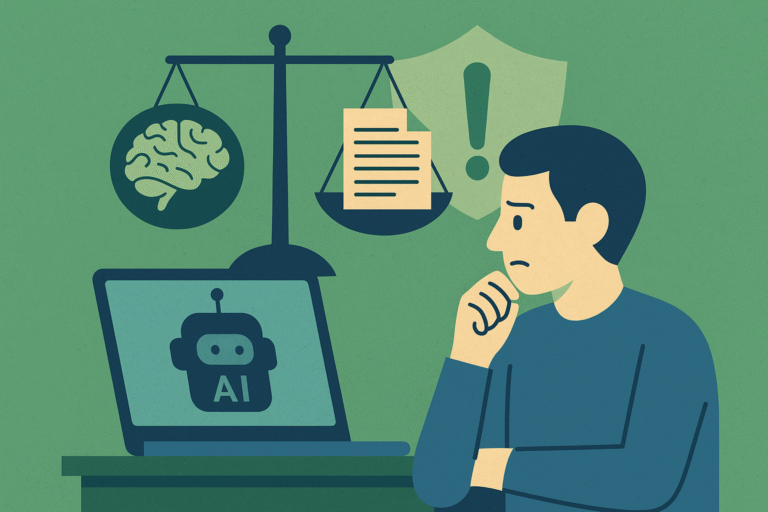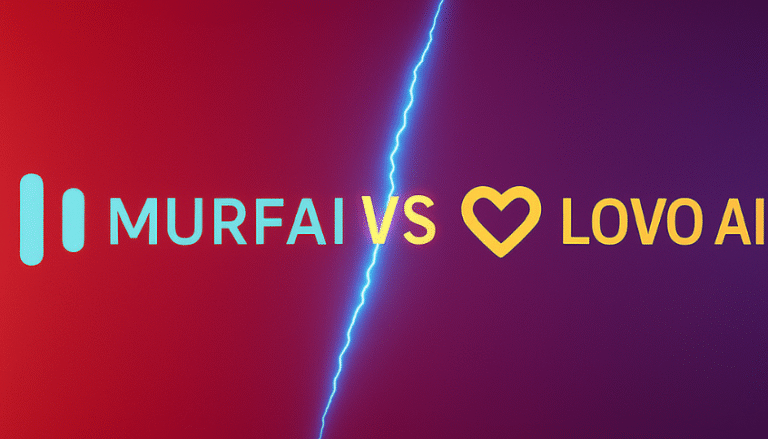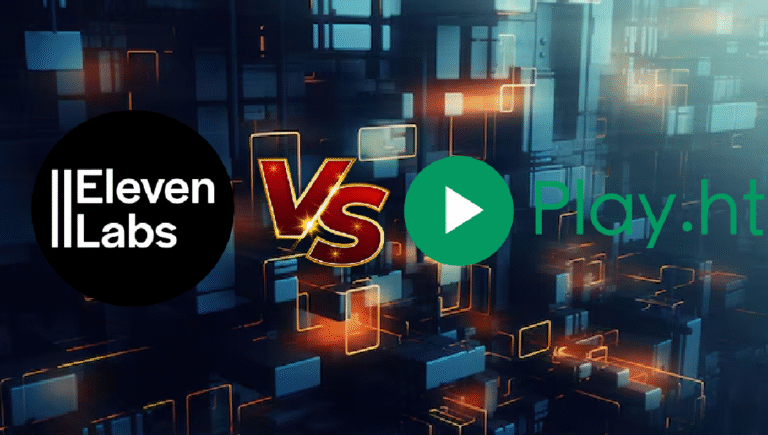AI voice cloning has exploded in popularity over the past few years. From video game developers creating immersive character dialogue to content creators replicating celebrity voices for satire, the technology is everywhere. But one major question keeps coming up: Is AI voice cloning legal?
As of 2025, the answer isn’t as simple as a yes or no. The legality of AI-generated voices depends on where you are, how you use the voice, and whether you have the original speaker’s consent. Let’s break down the legal landscape, ethical concerns, and what you need to consider before diving into the world of AI voice cloning.
What Is AI Voice Cloning, Anyway?
Before we get into the law, it helps to understand the tech. AI voice cloning uses machine learning to replicate a person’s voice. You feed the system audio samples, and it learns the unique tone, accent, inflection, and style of that speaker. The result? A synthetic version of the voice that can be used to say basically anything.
This can be amazing for accessibility, entertainment, and even education. But it also opens the door to misuse, which is why the big question—is AI voice cloning legal—matters more than ever.
Where the Law Stands in 2025, Is AI Voice Cloning Legal?
The legality of voice cloning varies widely by country, and in many places, the laws are still catching up. Here’s a general overview:
1. United States
In the U.S., there’s no federal law that directly addresses voice cloning. However, several states—like California, Texas, and New York—have passed laws that relate to it under the umbrella of right of publicity. This means a person owns their voice as part of their identity, and using it without permission could result in legal action.
So, is AI voice cloning legal in the U.S.? Technically, yes—but only if you have the individual’s consent or fall under exceptions like parody or fair use. Without permission, you could face lawsuits or fines.
2. European Union
The EU is stricter, particularly with the General Data Protection Regulation (GDPR). Voice is considered biometric data. That means cloning someone’s voice without their clear, informed consent could be a violation of privacy laws.
3. Other Countries
Canada, Australia, and the UK have similar protections around identity and voice. In countries with weaker data privacy laws, voice cloning might go unpunished—but ethical and reputational risks remain.
So again, is AI voice cloning legal across the board? Not quite. It’s a patchwork of regulations, and in many cases, legality hinges on how responsibly the tech is used.
When AI Voice Cloning Crosses the Legal Line
Even in areas without strict laws, there are scenarios where voice cloning clearly becomes a legal issue:
- Impersonation and fraud: Using someone’s cloned voice to scam others is criminal in most countries.
- Defamation or misinformation: Generating speech that damages a person’s reputation or spreads false information can lead to civil liability.
- Commercial use without consent: Selling products or services using a cloned voice—especially of a celebrity—can lead to major lawsuits.
So, if you’re wondering is AI voice cloning legal for your business idea or creative project, think twice before using someone else’s voice without permission.
Consent Is the Golden Rule
No matter where you are, the safest and most ethical approach is to get consent. Whether it’s a friend, voice actor, or public figure, always seek written permission before cloning someone’s voice.
If you’re working on a commercial project, legal agreements are non-negotiable. Consent not only keeps you out of legal trouble—it shows respect for the people behind the voices.
And yes, even if the tech can do it, that doesn’t mean you should.
Gray Areas: Satire, Parody, and Public Figures
There are exceptions that muddy the waters. For instance, parody and satire are protected under “fair use” in the U.S., especially when targeting public figures. So if you’re using AI to create a humorous, exaggerated version of a politician’s voice, you might be in the clear.
Still, “fair use” is a legal defense, not a green light. You’d only know for sure after a court battle—and that’s a risk most creators want to avoid. Just because AI voice cloning is legal in certain creative contexts doesn’t mean it’s without consequence.
What About Using Your Own Voice?
Good news: cloning your own voice is completely legal and increasingly popular. Content creators, audiobook narrators, and language learners use AI versions of their own voices to save time and scale content.
There are even services that let you license your own voice to others. In this case, AI voice cloning is legal, safe, and potentially profitable—so long as you understand what you’re agreeing to.
Platforms Are Starting to Step In
Major AI and audio platforms are beginning to build ethical guidelines
and legal frameworks into their tools. For example:
- ElevenLabs requires voice owners to verify their identity before cloning.
- Descript includes consent workflows when using voice cloning tools.
- TikTok and YouTube now restrict synthetic voice content that could mislead or impersonate.
These changes reflect the growing understanding that AI voice cloning legal issues can’t be ignored, especially as the tech becomes more accessible.
How to Stay on the Right Side of the Law
Here are a few practical tips to keep things legal:
- Always get written consent from anyone whose voice you plan to clone.
- Avoid using cloned voices for financial gain unless you have a commercial license.
- Disclose when a voice is AI-generated, especially in public content.
- Stay informed. AI law is evolving rapidly. Keep an eye on local regulations.
- Use ethical AI platforms that prioritize consent and transparency.
The Bottom Line
So—is AI voice cloning legal in 2025? In most cases, it can be. But just because it’s legal doesn’t mean it’s risk-free or ethical. The safest route is to respect people’s voices as part of their identity, get proper permissions, and stay informed on the law.
AI voice cloning is a powerful tool, and like any powerful tool, it comes with responsibility. Use it wisely, and you’ll be on the right side of both innovation and the law.




